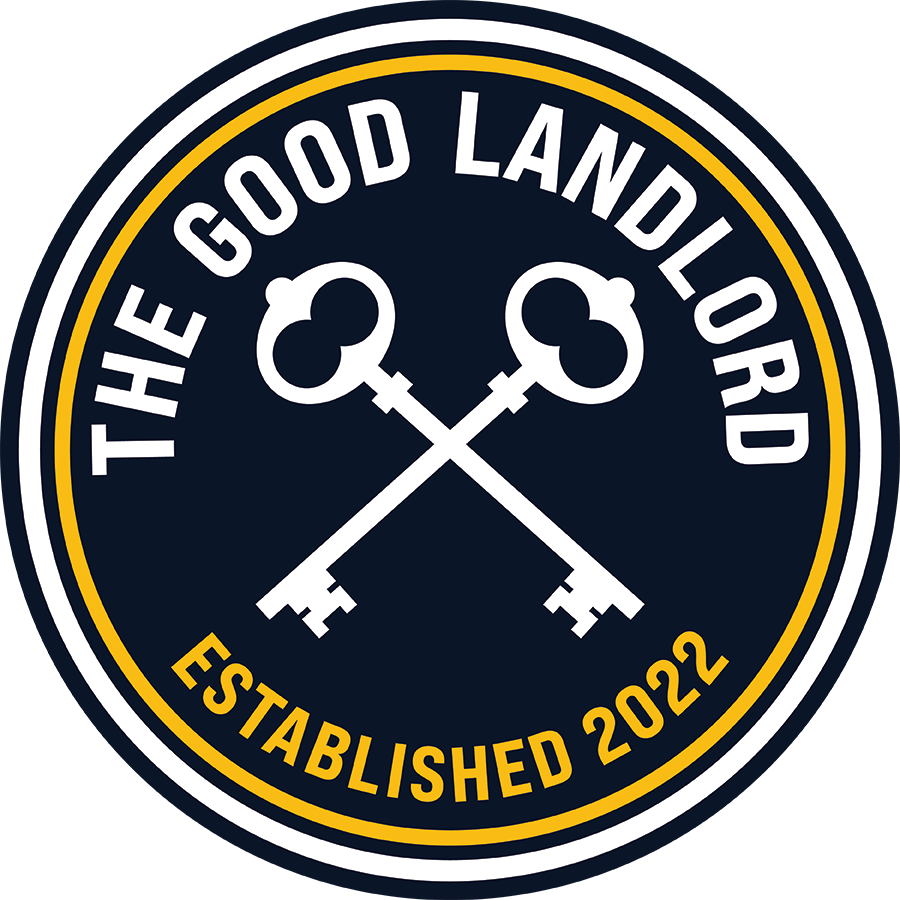Effective property management requires a careful balance of tenant needs and landlord responsibilities. Landlords must create a positive environment that attracts and retains quality tenants while protecting their investments. In Florida, where tenant rights and property laws are strictly enforced, landlords who follow best practices in property management are more likely to succeed. Here are some essential do’s and don’ts to help you manage your properties effectively.
Property Management Do’s
1. Do Invest in Routine Maintenance
One of the most effective ways to keep tenants happy and reduce turnover is to invest in regular property maintenance. Well-maintained properties not only attract high-quality tenants but also prevent minor issues from escalating into costly repairs. A maintenance schedule that includes regular checks on essential systems (plumbing, HVAC, etc.) keeps properties in top condition and shows tenants that their comfort and safety are priorities. Happy tenants are more likely to renew their leases, helping you avoid vacancies and turnover costs.
2. Do Set Clear Boundaries and Expectations
Establishing clear boundaries and expectations is essential to a successful landlord-tenant relationship. Policies regarding rent payment, maintenance responsibilities, and property use should be clearly outlined in the lease agreement. A detailed lease agreement reduces misunderstandings and gives both parties a clear understanding of their responsibilities. By setting these expectations upfront, landlords can promote accountability and create a harmonious living environment for tenants.
3. Do Communicate Responsively
Effective communication is key to building trust and rapport with tenants. Responding promptly to inquiries and maintenance requests shows that you value their concerns. Good communication also makes it easier to resolve issues and prevents misunderstandings that can lead to conflict. Establish a reliable communication channel, such as email or a tenant portal, where tenants can easily reach you. Being accessible and responsive goes a long way in creating a positive tenant experience.
4. Do Regular Inspections
Periodic inspections allow landlords to identify and address issues early, helping avoid larger, more costly repairs. These inspections ensure that tenants are maintaining the property properly and allow you to spot potential problems like water damage or pest issues. However, it’s essential to schedule these inspections respectfully and provide tenants with proper notice, typically 24 to 48 hours in advance, to comply with legal requirements and show respect for their privacy.
Property Management Don’ts
1. Don’t Overlook Tenant Screening
Proper tenant screening is one of the most important steps in property management. Failing to conduct thorough background and credit checks increases the risk of issues like unpaid rent and property damage. By screening tenants carefully, you increase the likelihood of finding responsible individuals who will respect the property and fulfill their lease obligations. Avoiding this crucial step can lead to expensive evictions and repair costs.
2. Don’t Ignore Small Repairs
Ignoring minor repairs can lead to larger, more costly problems down the road. For example, a small leak left unfixed can cause significant water damage, mold, and even structural issues over time. Staying on top of small repairs demonstrates to tenants that you care about the property and their comfort, which helps build goodwill and reduces the likelihood of costly repairs later.
3. Don’t Violate Tenant Privacy
Respecting tenant privacy is crucial for maintaining a positive relationship and complying with legal standards. Entering a rental property without proper notice is not only invasive but also a violation of Florida tenant laws. Always provide advance notice before entering the property and communicate clearly with tenants about the reason for your visit.
4. Don’t Neglect Financial Tracking
Accurate financial tracking is essential for any landlord. By keeping detailed records of rent payments, expenses, and repair costs, landlords can manage their cash flow effectively and reduce financial stress. Tracking expenses also helps you identify tax deductions and makes it easier to budget for future maintenance or improvements. Good financial management protects your investment and helps ensure the property remains profitable.
Successful property management is about more than just collecting rent; it’s about building positive relationships with tenants while protecting your investment. By following these essential do’s—investing in maintenance, setting clear boundaries, communicating effectively, and conducting regular inspections—and avoiding the don’ts—overlooking tenant screening, ignoring small repairs, violating tenant privacy, and neglecting financial tracking—landlords can create a successful, stress-free rental experience. At The Good Landlord, we’re here to help landlords in Florida adopt best practices and achieve long-term property management success.
